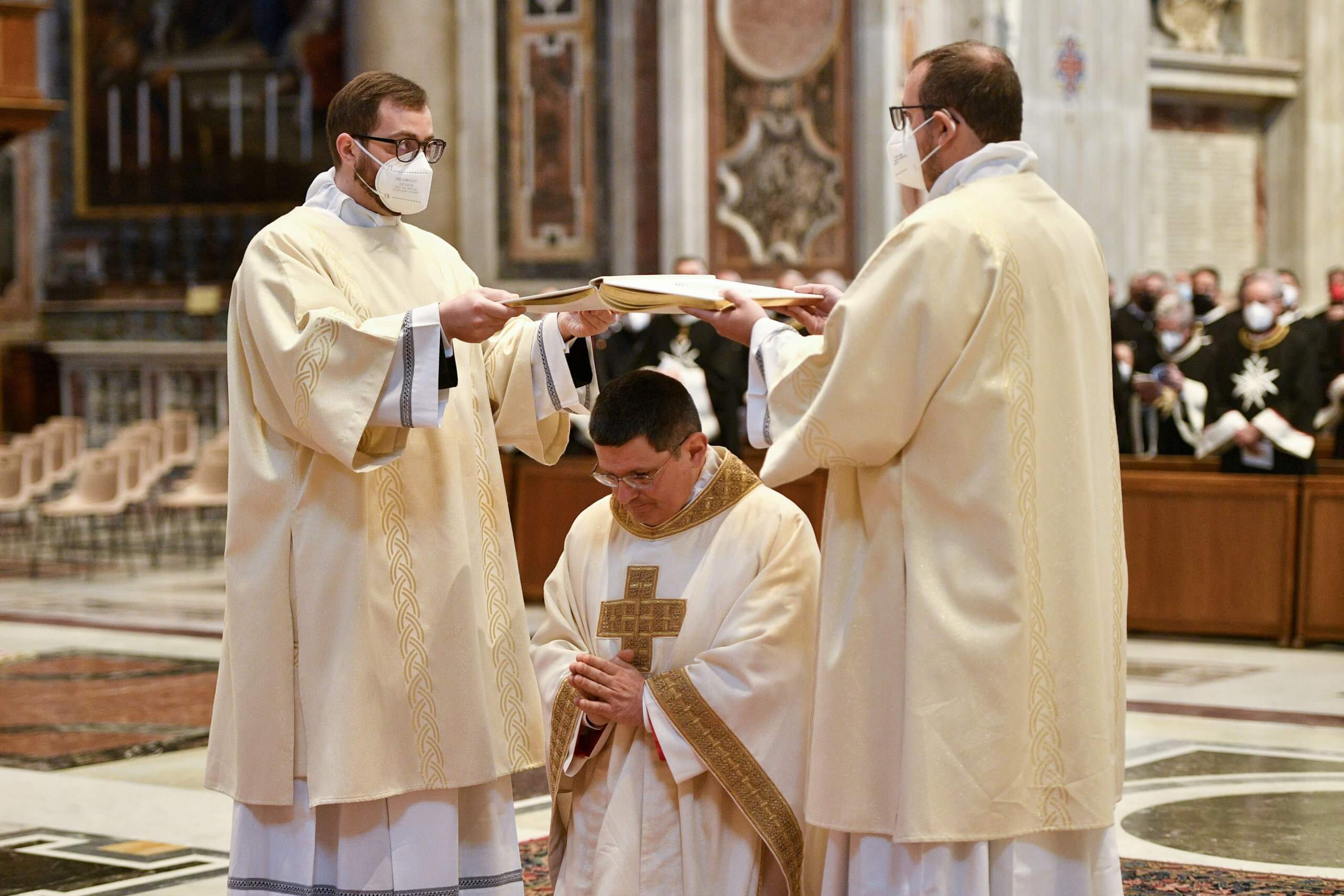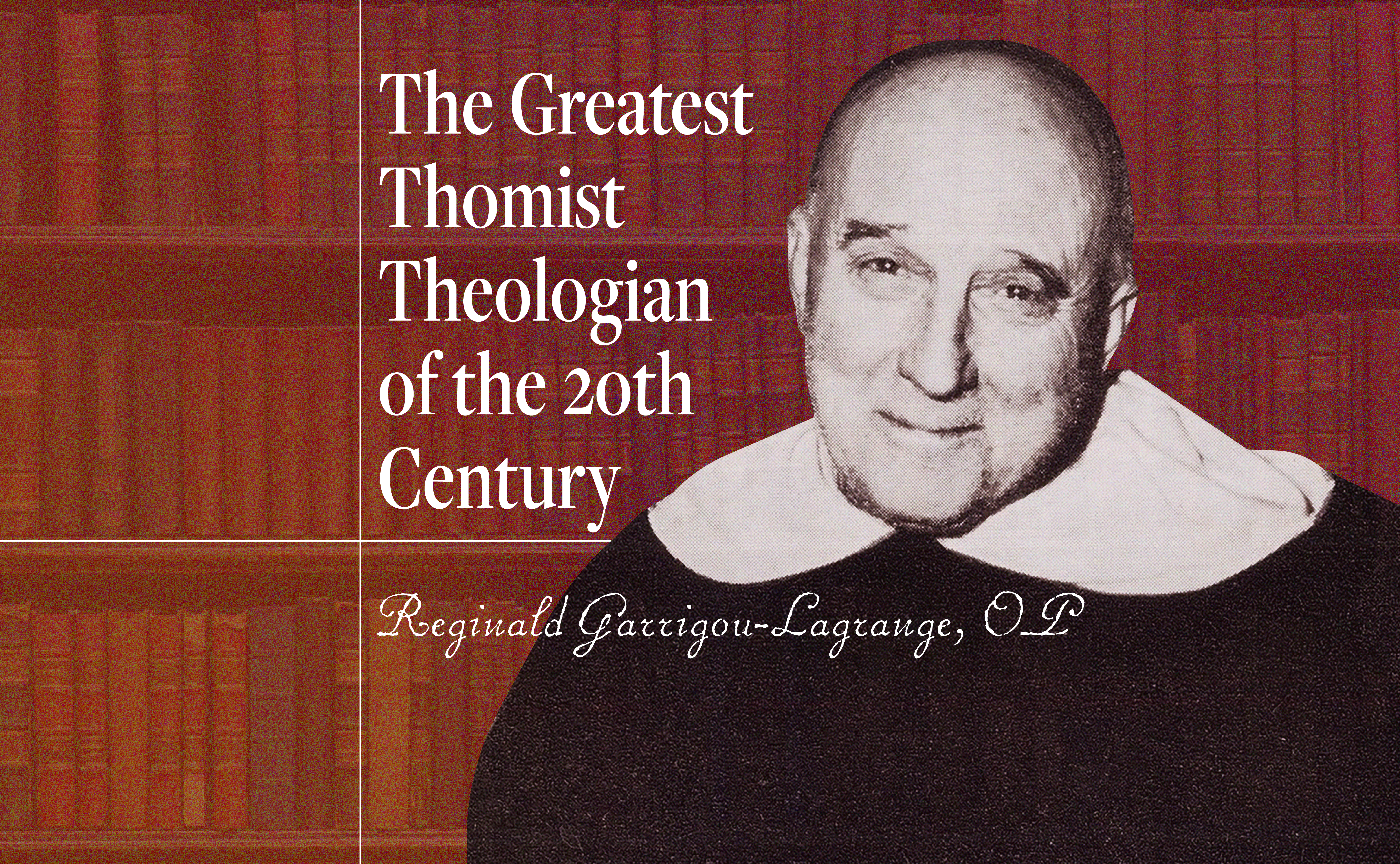We so heartily approve the magnificent tribute of praise bestowed upon this most divine genius that We consider that Thomas should be called not only the Angelic, but also the Common or Universal Doctor of the Church; for the Church has adopted his philosophy for her own (Studiorum Ducem, 29 June, 1923, Pope Pius XI).
St. Thomas Aquinas
Born: 1225
Died: 1274
Proclaimed a Doctor of the Church: 1567 by Pope Pius V
Feast Day (pre-1962 calendar): March 7th
When I started writing articles on the Doctors of the Church, my goal was to make them accessible to the everyday Catholic. These thirty-seven figures have been set apart by Holy Mother Church as the greatest teachers, preachers, and writers of our entire Tradition. It could be said that the summation of their teachings, along with those of the Church fathers, is our Tradition. Every Catholic should know and cherish these saints, yet few of us do, so I wanted to learn more about them for myself and share it with all of you as I went.
But St. Thomas Aquinas is a tough saint to write about because succinctly summarizing his contribution to the Church simply cannot be done, and his importance to Catholic theology and philosophy cannot be overstated.
Due to this problem, as well as the fact that many people are already familiar with him to some degree, it is my intent to give a brief overview of his life and his most important works, but mainly to detail the height to which the Church has elevated this great saint and the dedication we are all supposed to show in pursuing the knowledge and wisdom he offers.

Thomas was born in Roccasecca, about 80 miles outside of Rome. His parents were wealthy and valued their children’s education, so Thomas started his academic journey as a young child. He came under the tutelage of a Dominican preacher and expressed his desire to join the order. His parents did not want him to become a Dominican because they were vying for him to join the Benedictines, which would, in their view, have garnered the family more esteem. His own family held him captive rather than allow him to be a Dominican; his brothers even hired a prostitute to seduce him, but he drove her away and then was visited by two angels. (This story is the basis upon which the Angelic Warfare Confraternity was founded, and I encourage all readers to explore it.)
After he escaped from his family, he went on to join the Dominicans to continue his education. He traveled in France, Germany, and Italy, studying, teaching, and preaching. He was blessed to study under St. Albert and it is during this period of his life that he was dedicated to writing, producing the Summa Contra Gentiles and the Catena Aurea, which is a commentary on the four Gospels line by line and includes the works of 80 or more Church Fathers (this important work is also available on the iPieta app or online for free).
His writing and teaching made him quite famous and in 1265 he was asked to return to Rome in order to teach and work for the newly elected Pope Clement IV. It was during these years in Rome that he penned the Summa Theologiae, his most famous and, in my opinion, most accessible work. He spent the rest of his life teaching and writing and he eventually died while traveling to the Second Council of Lyon in 1274.
It is difficult, in one sense, to give a recommendation on where to start with his writings, because as Pope John XXII said, “By the use of his works a man could profit more in one year than if he studies the doctrine of others for his whole life.” That being said, I would recommend starting with selections from the Summa Theologiae (available online for free or via Pieta) that are of particular interest, or by reading the Catena Aurea along with one’s daily Scripture reading. One could also start with Dr. Marshall’s Thomas Aquinas in 50 Pages, which is available in its entirety for free here.
A central theme for us to understand as regards the Doctors of the Church, and with St. Thomas in particular, is the importance that the Church places on these saints and how praiseworthy are the efforts we may undertake to study their work.
A friend of mine who is in his 6th year of seminary surprised me when he told me that they hardly read Aquinas at all, and that when they do it is usually a commentary on his work, not his work itself. Though bad teaching in modern seminaries is not surprising, the removal of Aquinas from the center of priestly studies is in direct contradiction of the previous code of Canon Law:
Professors shall treat studies in rational theology and philosophy and the instruction of students in these disciplines according to the system, teaching, and principles of the Angelic Doctor [St. Thomas Aquinas] and hold to them religiously (1917 Code of Canon Law, C. 1366).
In fact, it was this canon that the “greatest Thomist of the Twentieth Century” cited in one of his important critiques of the so-called Nouvelle théologie in the 1940s, which sounded the alarm about the crisis that would unfold about twenty years later in the wake of Vatican II. (Editor’s note: this is why we promote the work of Fr. Reginald Garrigou-Lagrange at OnePeterFive.)
You would have to do a multivariate analysis to figure out exactly why there has been such a dramatic decline in the priesthood since Vatican II, and the overhaul of the liturgy and every sacramental rite play no small part, but I cannot help but think that changes to seminary formation play a large role as well. Young men are generally attracted to a rigorous, military-like formation with intense training, fervent devotion, and dutiful study. Why would seminaries choose to have their students read modern theologians when the writings of the Doctors of the Church are so extensive? Between the Fathers, the thirty-seven Doctors, and the 250+ popes, there is more than enough material for six or seven years of study.
Along with Latin and Gregorian chant, the study of St. Thomas’s works should be of chief importance in seminaries, and I believe that a simple change like a return to the Common Doctor will reignite the spark of devotion and theological training, forming our priests in Catholic tradition and attracting new faces as well.
Aside from his central role in educating students of theology and philosophy, St. Thomas has been praised, revered, esteemed, and given the highest of honors in the Church by many popes, prelates, and saints.
Pope Innocent VI said of St. Thomas:
His doctrine, above all other doctrine with the one exception of the Holy Scriptures, has such a propriety of words, such a method of explanation, such a truth of opinions, that no one who holds it will ever be found to have strayed from the path of truth.
Pope St. Leo XIII stated:
This point is vital, that Bishops expend every effort to see that young men destined to be the hope of the Church should be imbued with the holy and heavenly doctrine of the Angelic Doctor. In those places where young men have devoted themselves to the patronage and doctrine of St. Thomas, true wisdom will flourish, drawn as it is from solid principles and explained by reason in an orderly fashion.
As was quoted at the outset of this essay, Pope Pius XI stated in Studiorum Ducem that Aquinas is the common doctor of the Church, meaning that his theological teaching carries more weight than that of any other.
Even the most recent Catechism quotes Aquinas more than anyone else except St. Augustine.
A final quote I will offer, from Pope Benedict XV:
The eminent commendations of Thomas Aquinas by the Holy See no longer permit a Catholic to doubt that he was divinely raised up that the Church might have a master whose doctrine should be followed in a special way at all times.
It is my intent here to challenge every seminary rector and professor, every theology or philosophy teacher, every Catholic, and indeed every Christian to read the above acclaim for Thomas’ works, to explore why he is regarded with such esteem, and to devote themselves to the study of his thought to the extent that they are able. Catholics hold to both Sacred Scripture and Sacred Tradition, and it is clear from the above praise that Thomas holds the highest place in explaining, teaching, documenting, and clarifying what exactly that Tradition itself holds and teaches.
He is the Angelic Doctor, the Common Doctor, a model of virtue and reason, and one of the greatest saints in all of history. I hope that you will learn to love Thomas and his writings, and even if you never read a word from any other Doctor of the Church, please, I implore you, read his!
St. Thomas Aquinas, pray for us!
Editor’s note: read the full series on the Doctors of the Church here.
Photo: Vatican City – February 26, 2022: Episcopal Ordination of Mons. Andrea Ripa in Vatican City on February 26, 2022. Vatican Media.



